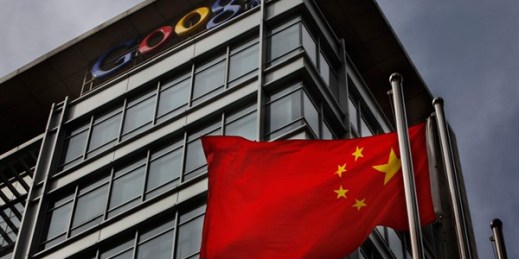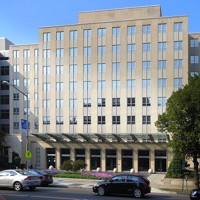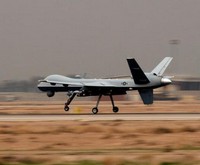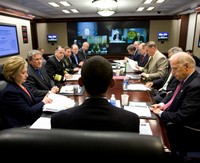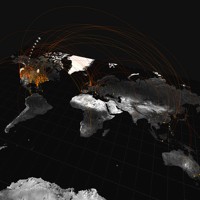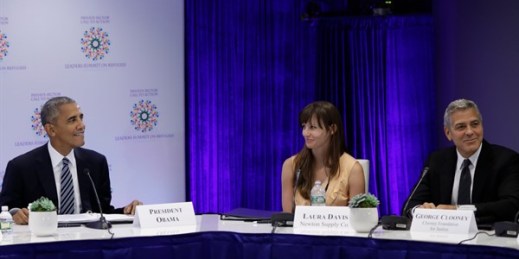
Editor’s note: The following article is one of 30 that we’ve selected from our archives to celebrate World Politics Review’s 15th anniversary. You can find the full collection here. Despite the amplified role of celebrities in global affairs, the notion that celebrities have assumed the role of diplomats is much contested. The classic definition of diplomats as agents of the state and the national interest would appear to exclude celebrities, just as it does all nonstate actors. This restrictive view, however, does not reflect the degree to which at least some top-tier celebrities have gained recognition as actors with an elevated […]

